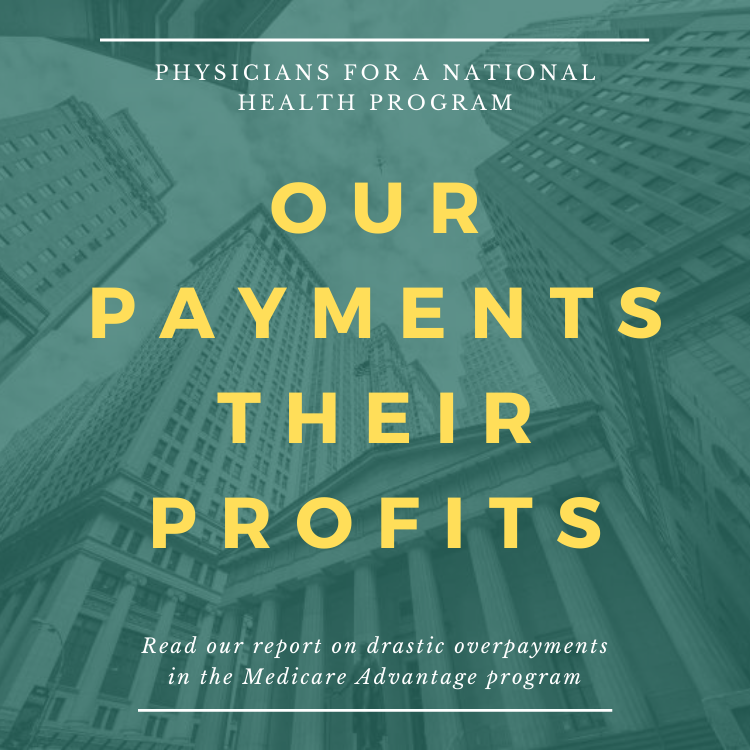FOR IMMEDIATE RELEASE: July 21, 2021
Contact: Gregory Lines, M.D., M.P.H., glines@challiance.org
Danny McCormick, M.D., M.P.H., dmccormick@challiance.org
David Cecere, Senior Director of Corporate Communications, Cambridge Health Alliance, dcecere@challiance.org
Gains in health insurance coverage under the Affordable Care Act (ACA) were small for Black, Hispanic and low-income Americans in many states according to a new study from Harvard Medical School. The study, published today in the journal Health Equity found dramatic variation in states’ performance in expanding insurance coverage to these populations that have historically had low coverage rates.
Using state-level survey data from over 500,000 working age Black, Hispanic and low-income adults, the researchers compared insurance coverage rates in each US state prior to and after implementation of the ACA in 2014. The study also examined the size of the remaining uninsured Black, Hispanic and low-income populations in each state following the ACA.
The study found that while the best performing states were able to reduce rates of uninsurance among black, Hispanic and low-income adults by approximately 60%, the worst performing states reduced uninsurance by less than 10%, a six-fold difference. In addition, states’ performance in reducing uninsurance in these populations was strongly correlated with states’ choices about how to implement the ACA. States that did not invest in public education about the ACA, provide assistance to residents to sign up for ACA or participate in the ACA’s optional Medicaid expansion were much more likely to perform poorly.
While previous studies demonstrate that the ACA substantially increased coverage and reduced racial and ethnic disparities in coverage in the United States, the authors say the study data sheds new light on the extreme variation in state level performance in expanding coverage to populations most in need. “Our study shows just how little progress was made for people of color and low-income Americans in some states under the ACA,” said one of the study’s lead authors, Dr. Gregory Lines, an internal medicine physician at Cambridge Health Alliance and instructor in medicine at Harvard Medical School. “And, it is clear that this poor performance stems from political leaders’ decision to undermine full implementation of the ACA. More comprehensive health care reforms that do not rely as heavily on the whims of individual states are clearly needed–it is a matter of racial and economic equity.”
The study also found that, 2 years after ACA implementation, in six states one quarter of Black adults remained without insurance coverage; and in 20 states, one quarter of low-income adults continued to lack coverage. In addition, in 13 states, over 40% of Hispanic adults lacked coverage following ACA implementation. In several states, the results were most dramatic. For example, after the ACA, 28.7% of Black Americans remained uninsured in North Dakota as did 61.8% of Hispanics in North Carolina and 45.3% of low-income adults in Texas.
The study authors believe that the high rates of uninsurance in many states after the ACA are having negative health consequences currently. “The poor performance of many states under the ACA essentially locked in the high levels of uninsurance that those states entered the COVID-19 pandemic with,” said the study’s senior author, Dr. Danny McCormick, an associate professor of medicine at Harvard Medical School and a primary care physician at the Cambridge Health Alliance. “COVID-19 took a large toll on people of color and the poor, and these populations are larger in poor performing states. This has likely translated into greater difficulty accessing COVID-19 care and worse health outcomes for these populations at highest risk.”
“States’ performance in reducing uninsurance among Black, Hispanic and Low-income Americans following implementation of the Affordable Care Act,” Gregory Lines, M.D., M.P.H.; Kira Mengistu, M.D.; Megan Rose Carr LaPorte, M.D., M.P.H.; Deborah Lee, M.D.; Lynn Anderson, M.D.; Daniel Novinson, M.D., M.P.H.; Erica Dwyer, M.D., Ph.D.; Sonja Grigg, M.D.; Hugo Torres, M.D., M.P.H.; Gaurab Basu, M.D., M.P.H.; and Danny McCormick, M.D., M.P.H. Health Equity. Published online first, July 21, 2021, 3PM ET.
